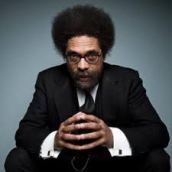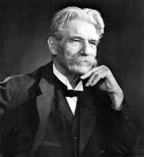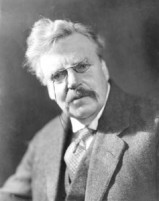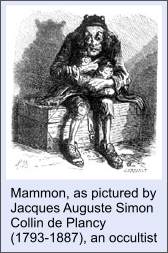It’s time for the last of our 3 foci, “the objective.”
To understand the objective of THE SHINING STRANGER, we will all have to become poets. But what exactly is a poet? Of all the definitions I’ve heard, I enjoy Dr. Cornel West’s the most:
The great (Percy) Shelly used to say that ‘poets are the unacknowledged legislators of the world.’ What did he mean by that? He wasn’t talking about versifying. To be a poet in the most profound sense is to have the courage to release your imagination and your empathy…

True poetry is full of contradictions, paradox, mystery, conundrums, and riddles. Many people say the Bible cannot be trusted because it contains many contradictions. Others say “if the Bible says it, it must be so,” and can’t see any meaning beyond the plain sense of the text. Both sides are barking up the wrong tree. Harold says…
Dr. Henry A Murray writes that an “important fact not generally acknowledged is…the Bible is poetry, in its best parts, magnificent and edifying poetry….Some devout Christians overlook the fact that the stirring and sustaining power of the Book they live by depends on the wondrous emotive language, the vivid imagery and figures of speech, with which its wisdom is transmitted….If the New Testament…had been written by a modern social scientist in the jargon of his profession, it would have died at birth.”

As does (George) Santayana, Dr. Murray sees that the playing down of the “crucial import of the Bible’s poetry,” hand in hand with the playing up of its historicity, is the greatest fallacy of Christianity, for thereby the scope of its traffic with and judgement of reality is severely limited. Poetry does not obscure fact – it presents it in words that act as leaven in the mind to make room for it to house there. Poetry is dazzling in its completely open and full use of words that have, as John Ciardi puts it: “…far more meanings than anyone thinks about in reading factual prose. A word is not a meaning but a complex of meanings consisting of all its possibilities: its ability to identify something, the image it releases in making that identification, its sound, its history, its associations-in-context…” (emphases mine)
Plato equated poetry with creation: “All creation or passage of non-being into being is poetry or making.” Poetry comes from the subconscious, and Harold sees in Jesus the universe’s Poet Laureate…
Jesus spoke poetically, but if His words are true they must be a correct, albeit poetical, description of reality.
Until a man has grasped the full implication of Jesus’ words, “the kingdom of God is within you,” he cannot begin to understand Him. His every word is predicated upon this revelation. It is the woking of the inner kingdom He reveals. If the kingdom of heaven is within, there is no heavenly place of the abode for the “redeemed” to go – the realm of heaven is now an individual state of being, a potential mankind shall in time realize. It is inward reality as opposed to the outward illusiveness of life (and of matter, which Jesus proclaimed long before the physicists discovered it).
Jesus saw life to be infinite, saw that man’s religions form one-to-one correspondences of truth, and that each man is a one-to-one correspondence with God, truth, life, and with each other man.
Jesus saw the Ten Commandments as classical psychic law. He realized, however, that quantum psychic law underlies the classical law, and this secondary law governs the inner, real life of the individual – this is the law he enunciated.
In saying that the kingdom of God, an unknown realm, is within each person, Jesus proclaimed the existence of that psychic reality now called the unconscious – revealed its working and power. He made of Himself a symbol of the Authority within this psychic realm: the vital Self-of-selves abstracted from consciousness for which man yearns – which is unto each his own, “the Lord, your God.”
Jesus strove to heal the breach in man’s thinking upon reality, strove to rejoin the divided physical and spiritual realms, saying, poetically, that the energy which gives life to man is, potentially, in a “stone.” Identifying Himself and mankind with primordial energy, light, He dramatized and phrased in poetic terms the most important of the secondary laws of physics, enfolding His answer to the question of the universe in the sign positive (+)….whether by design or because he knew how to tap the fount of truth in His unconscious, He presented in drama, symbol, and poetry the underlying physical and psychic laws that are today being revealed.
From these observations Harold derives the objective of THE SHINING STRANGER:
The objective, then, is not to present one or several new aspects, but rather a whole new concept of Jesus, for, as Albert Schweitzer points out, “What has been passing for Christianity during these nineteen centuries is merely a beginning, full of weaknesses and mistakes, not a full-grown Christianity springing from the spirit of Jesus.”


One here is reminded of GK Chesterton’s quote: “The Christian ideal has not been tried and found wanting; it has been found difficult and left untried.”
Although THE SHINING STRANGER is a difficult work, we will not leave it untried. I hope we are up to the challenge ahead of us. Until next time, peace…













